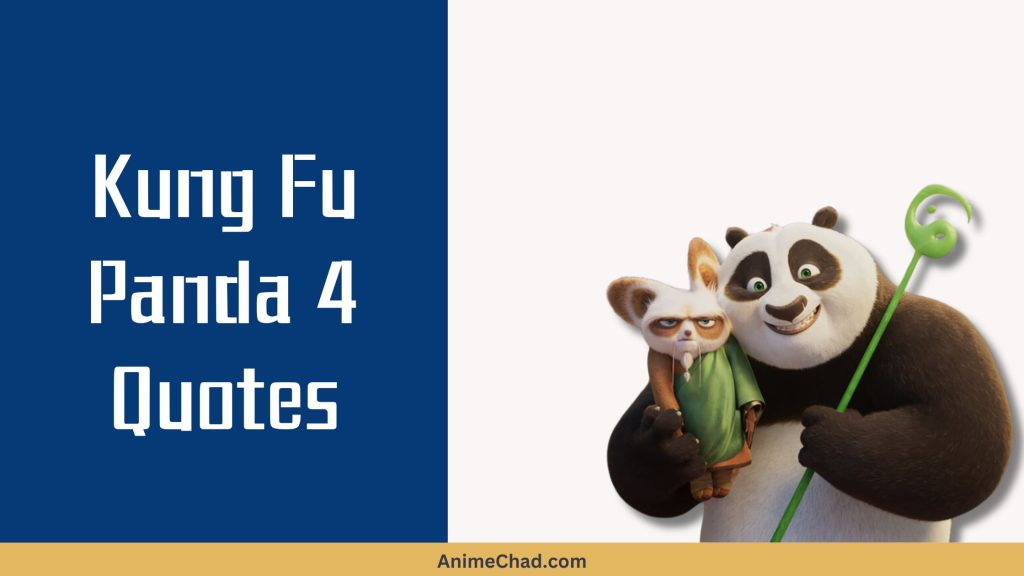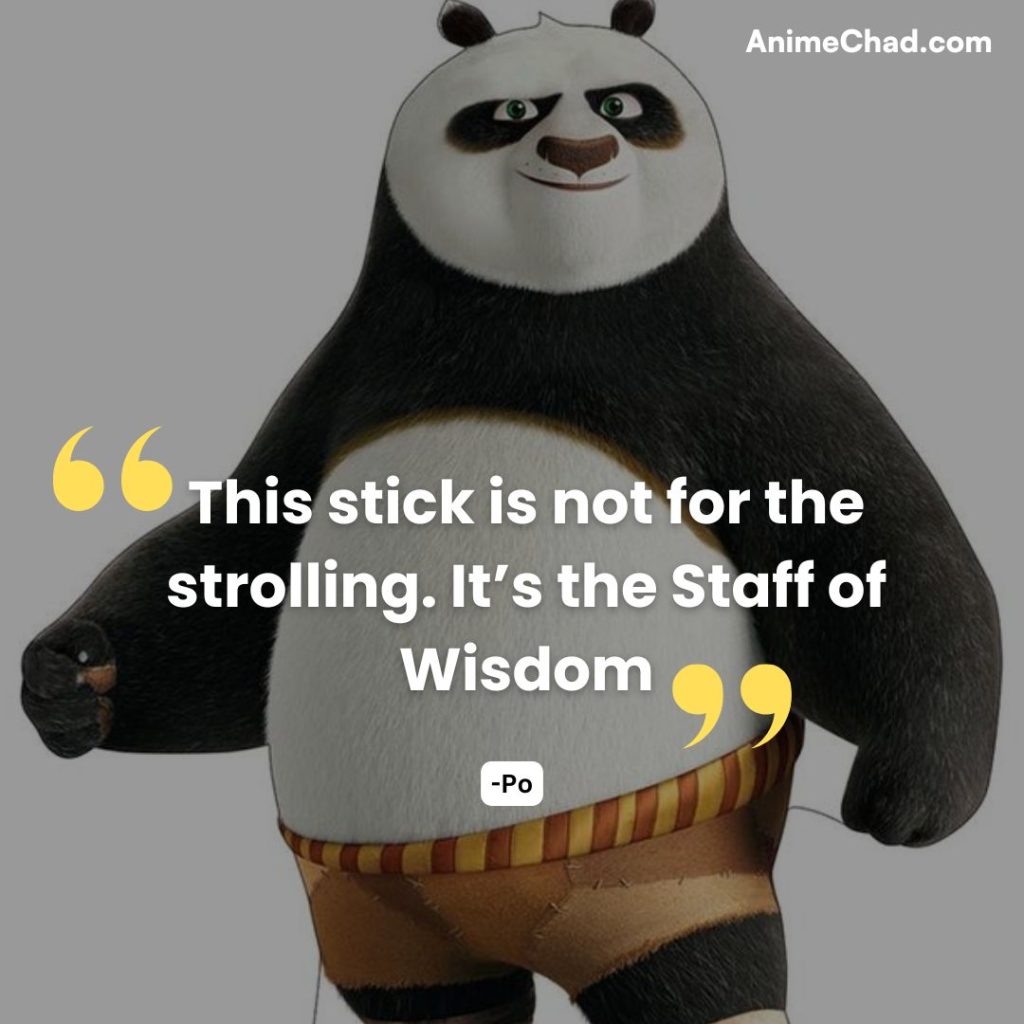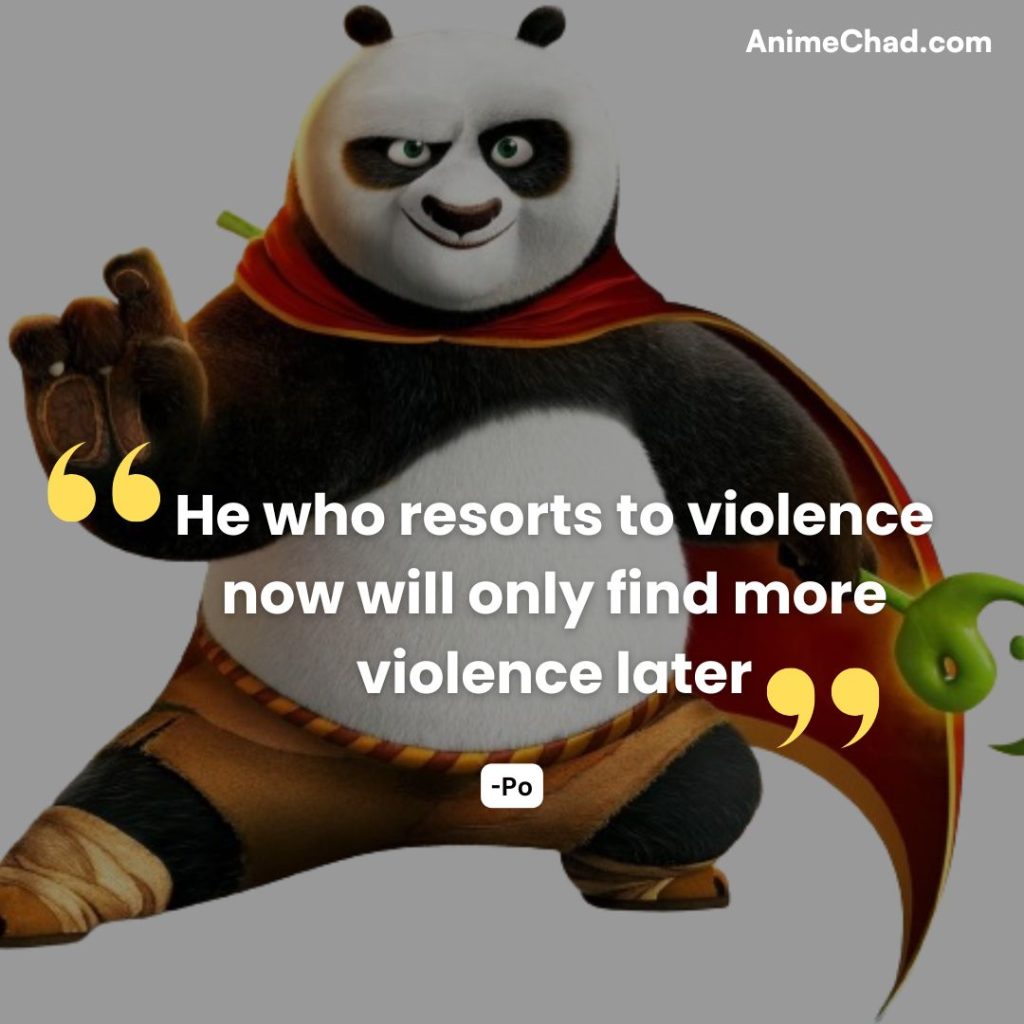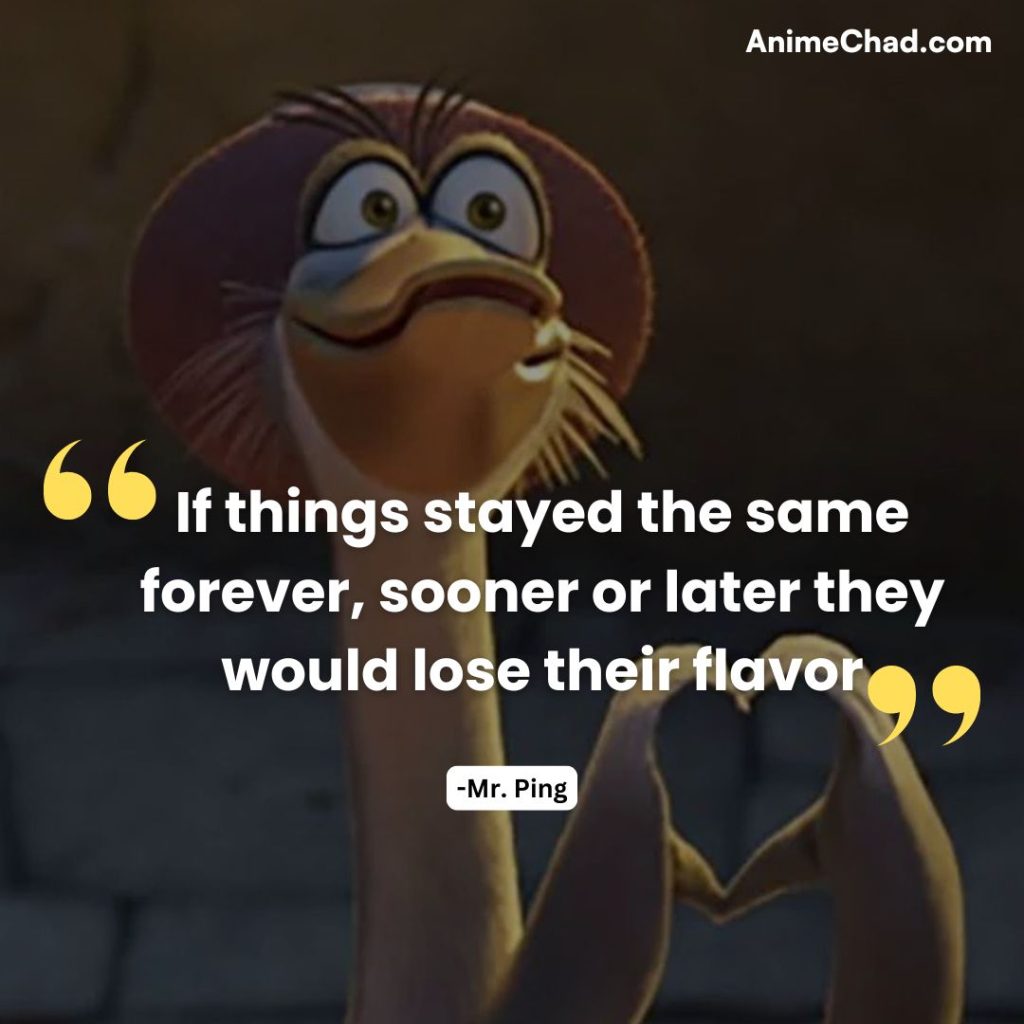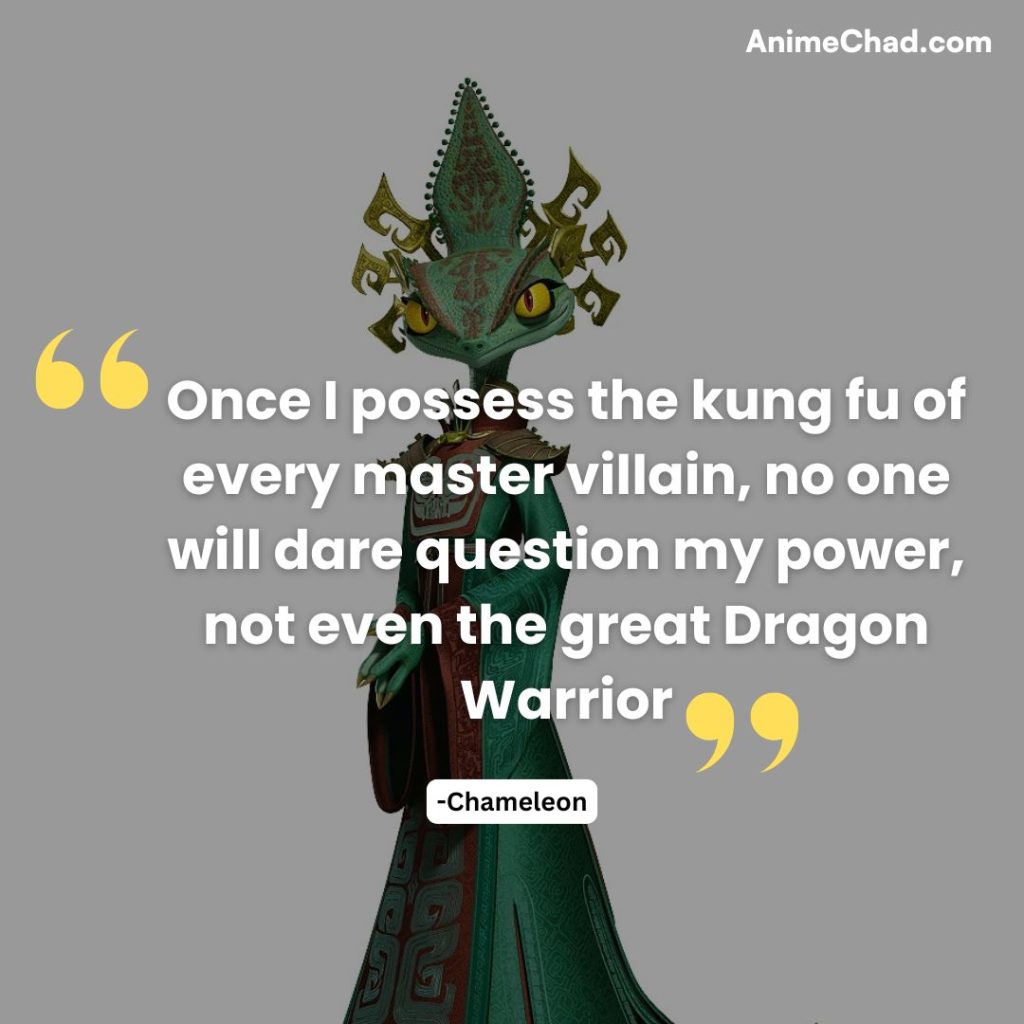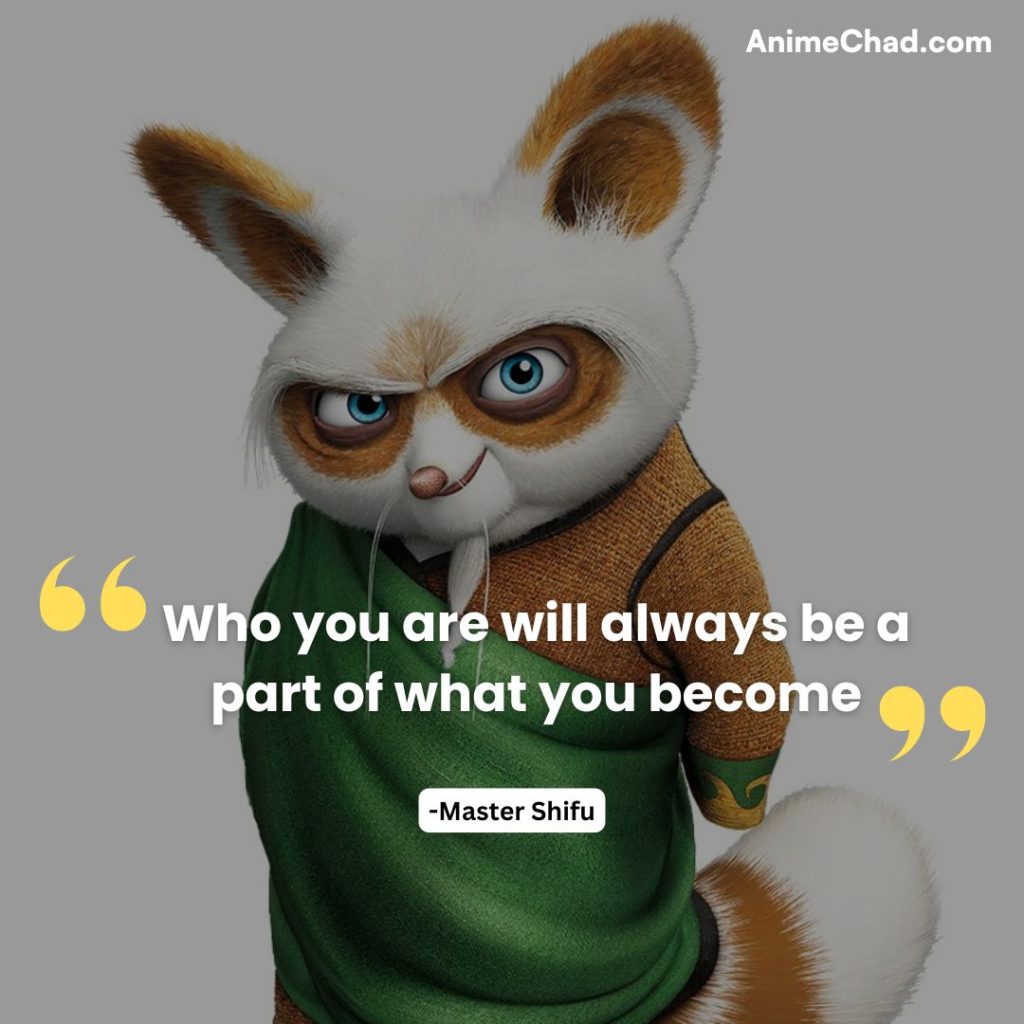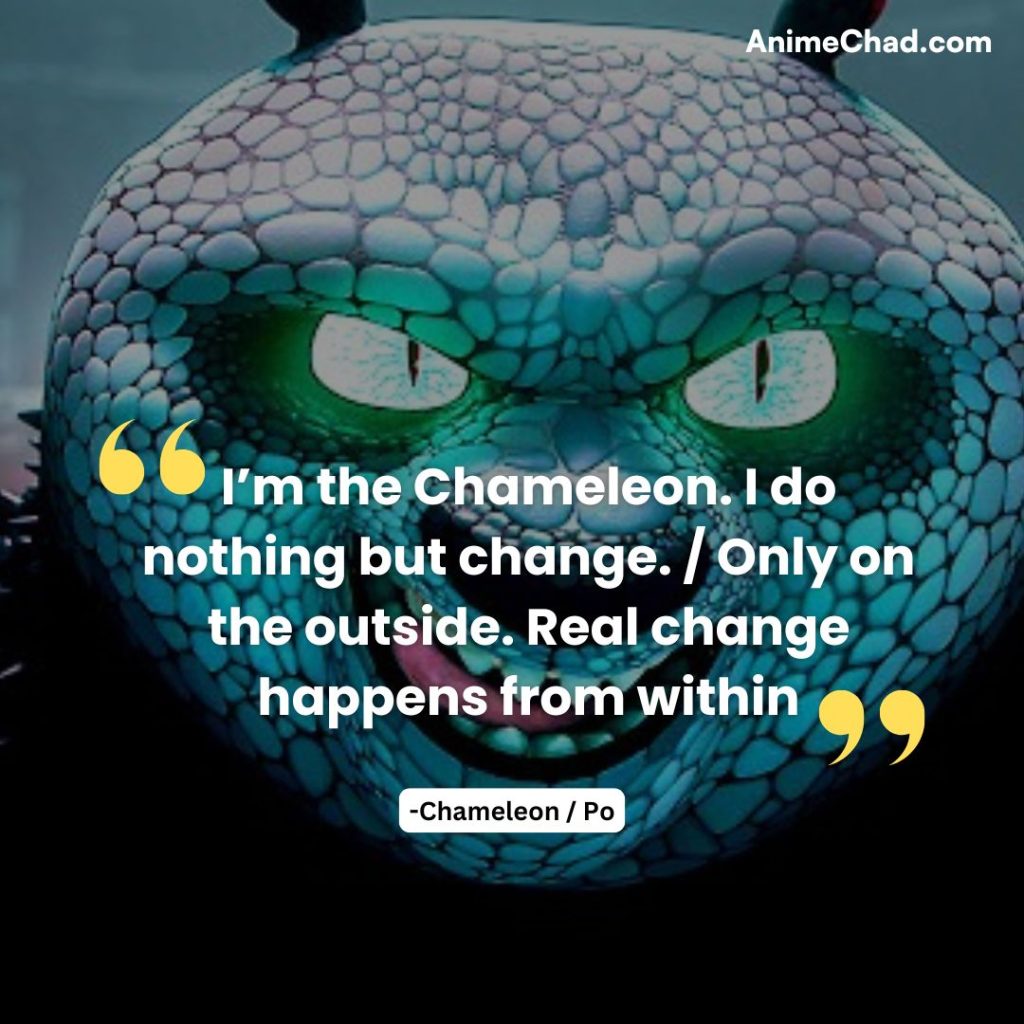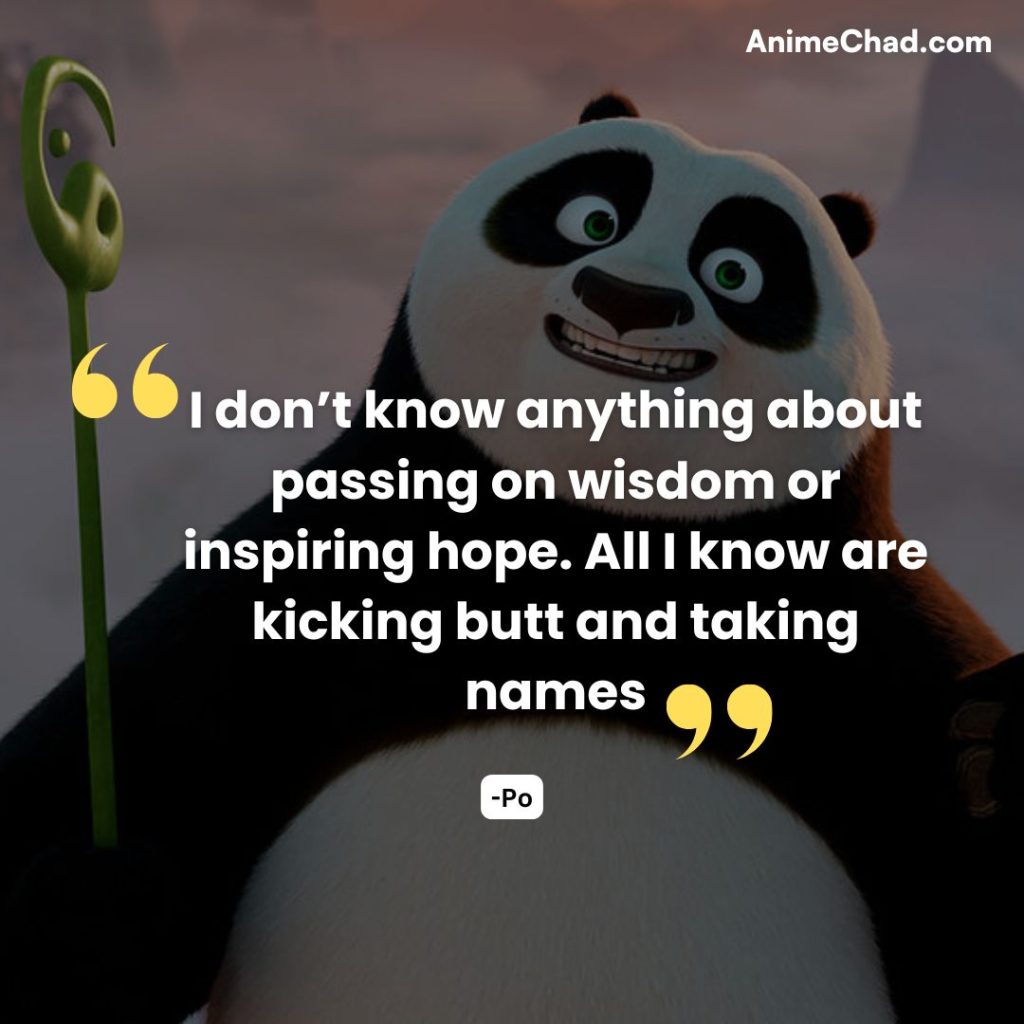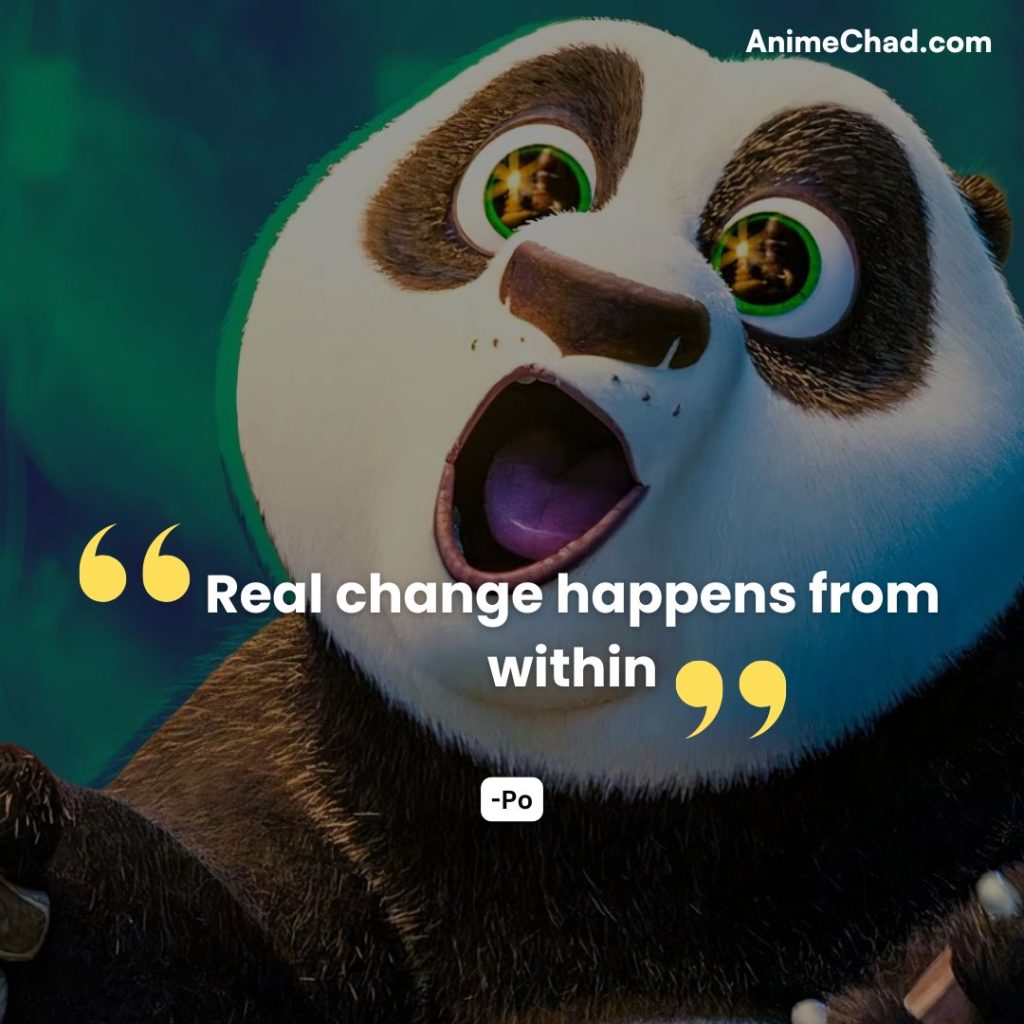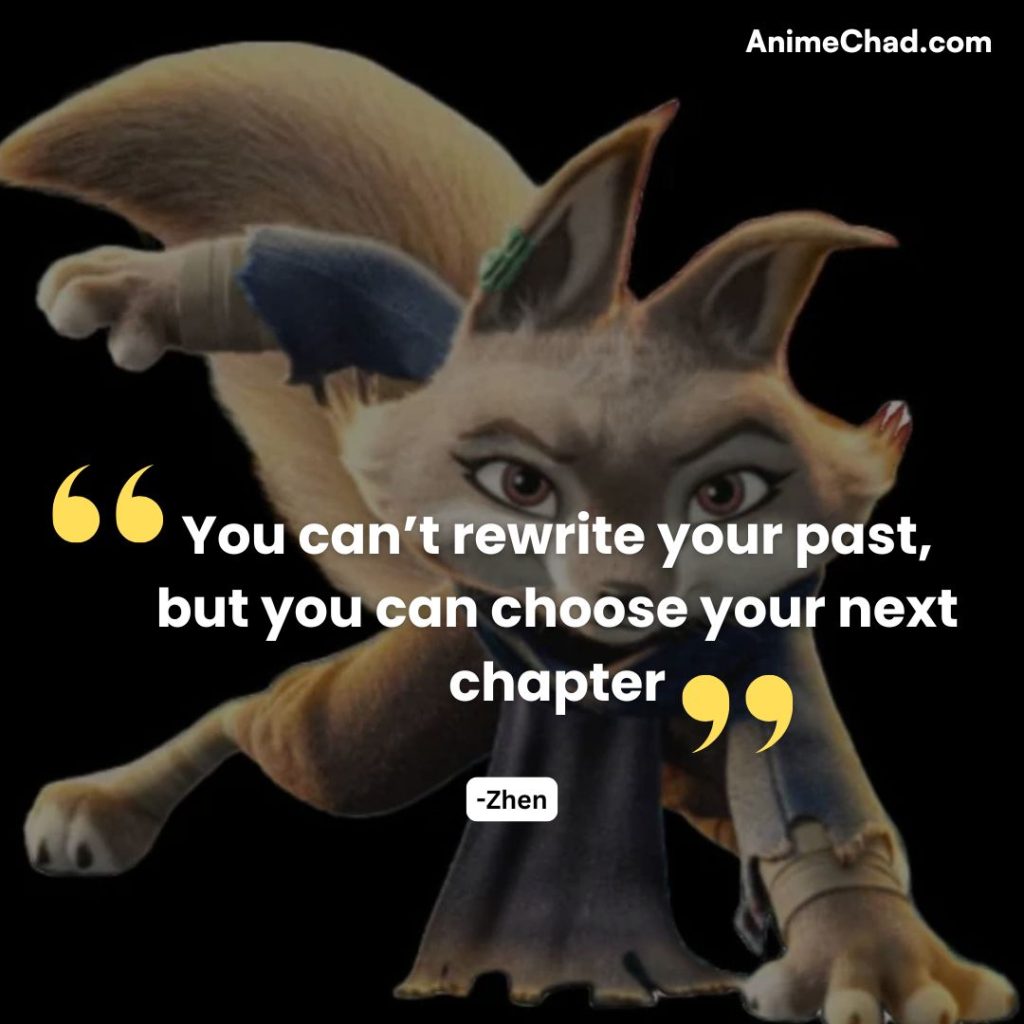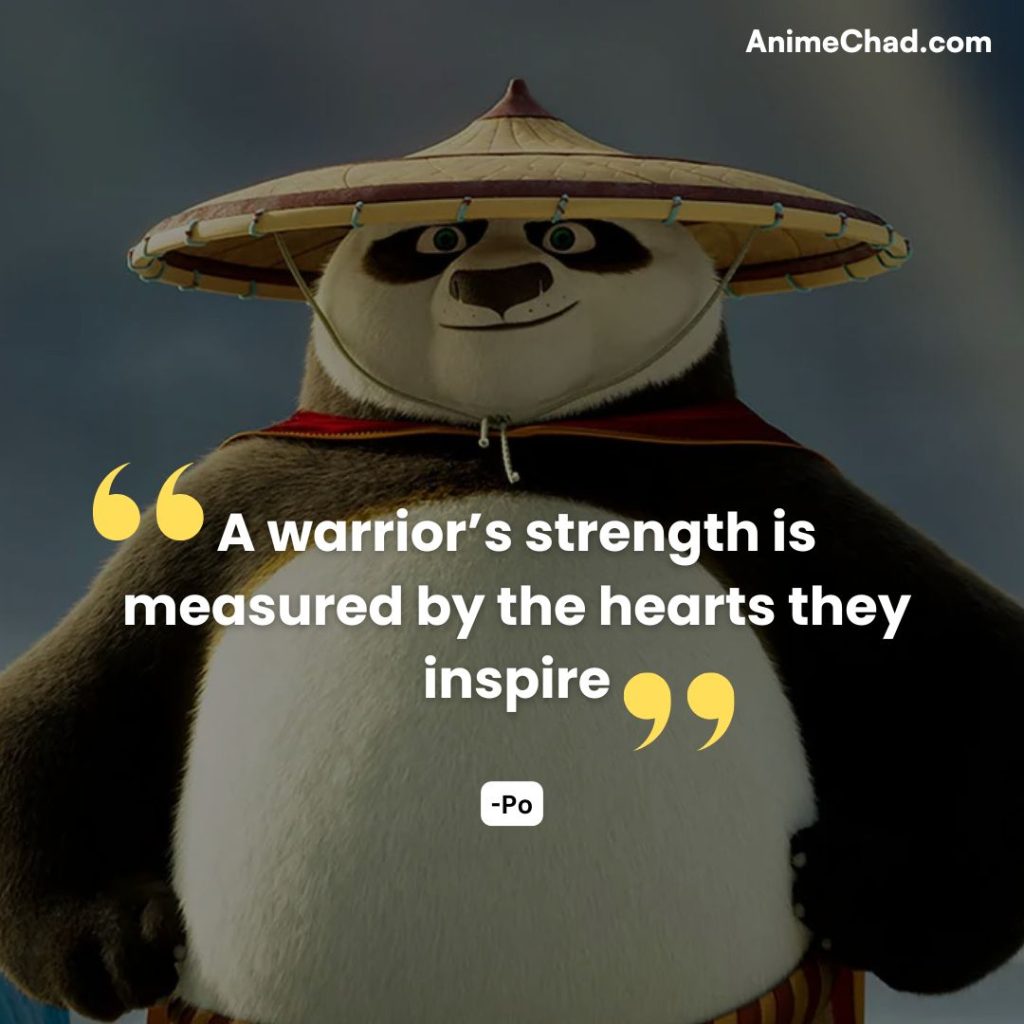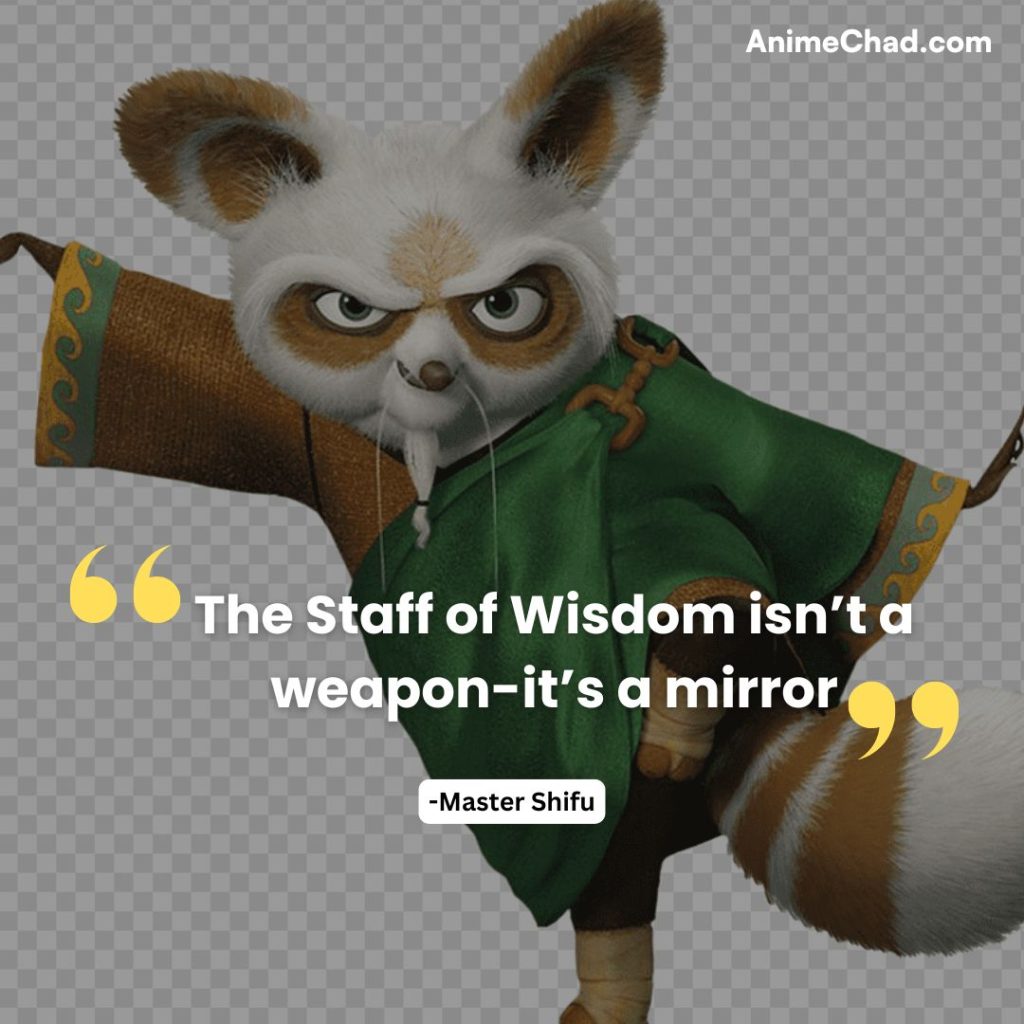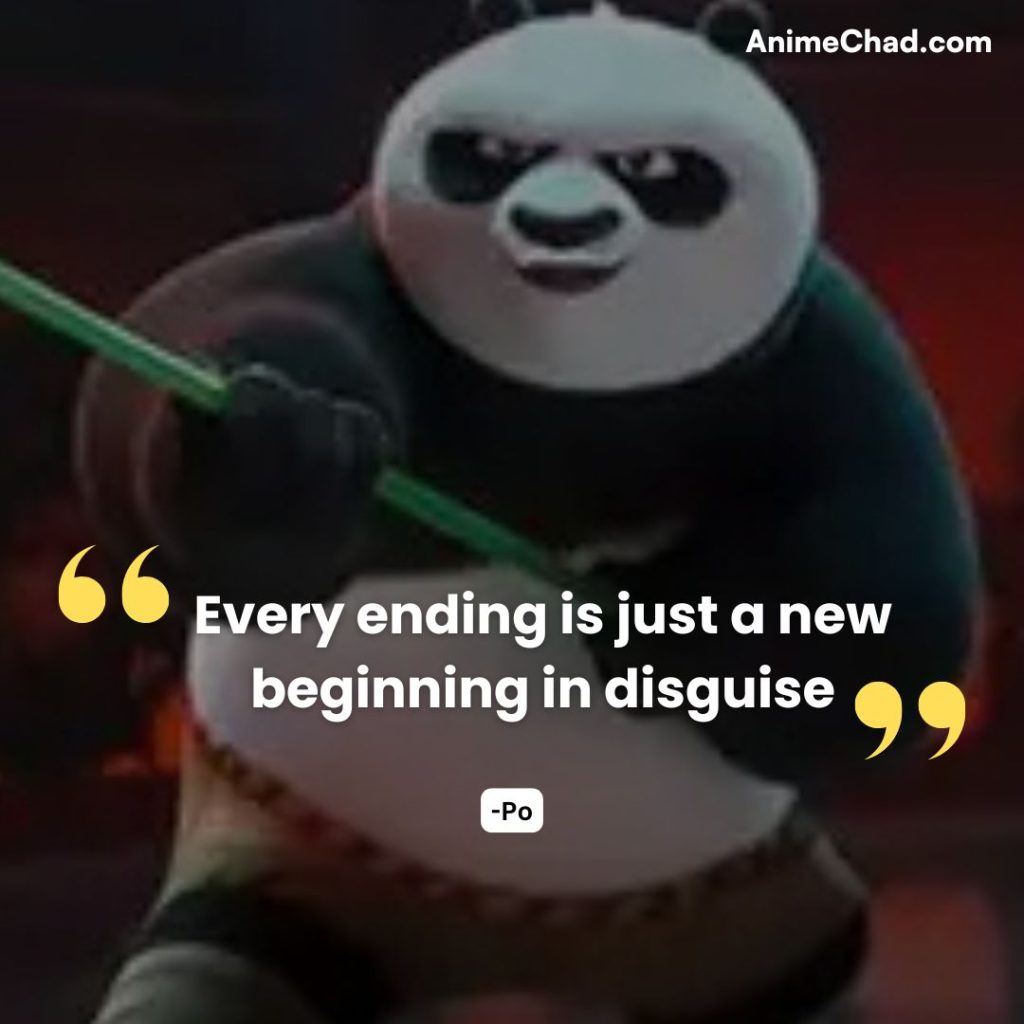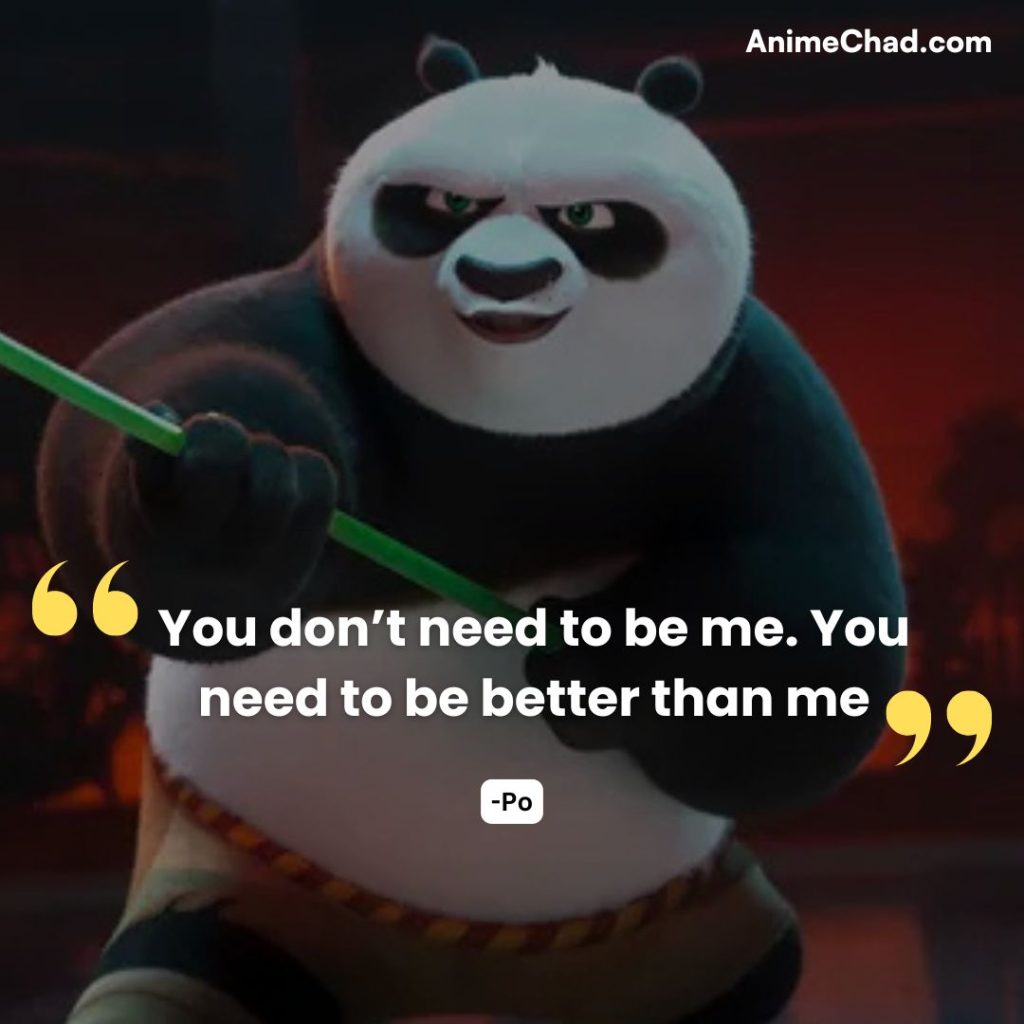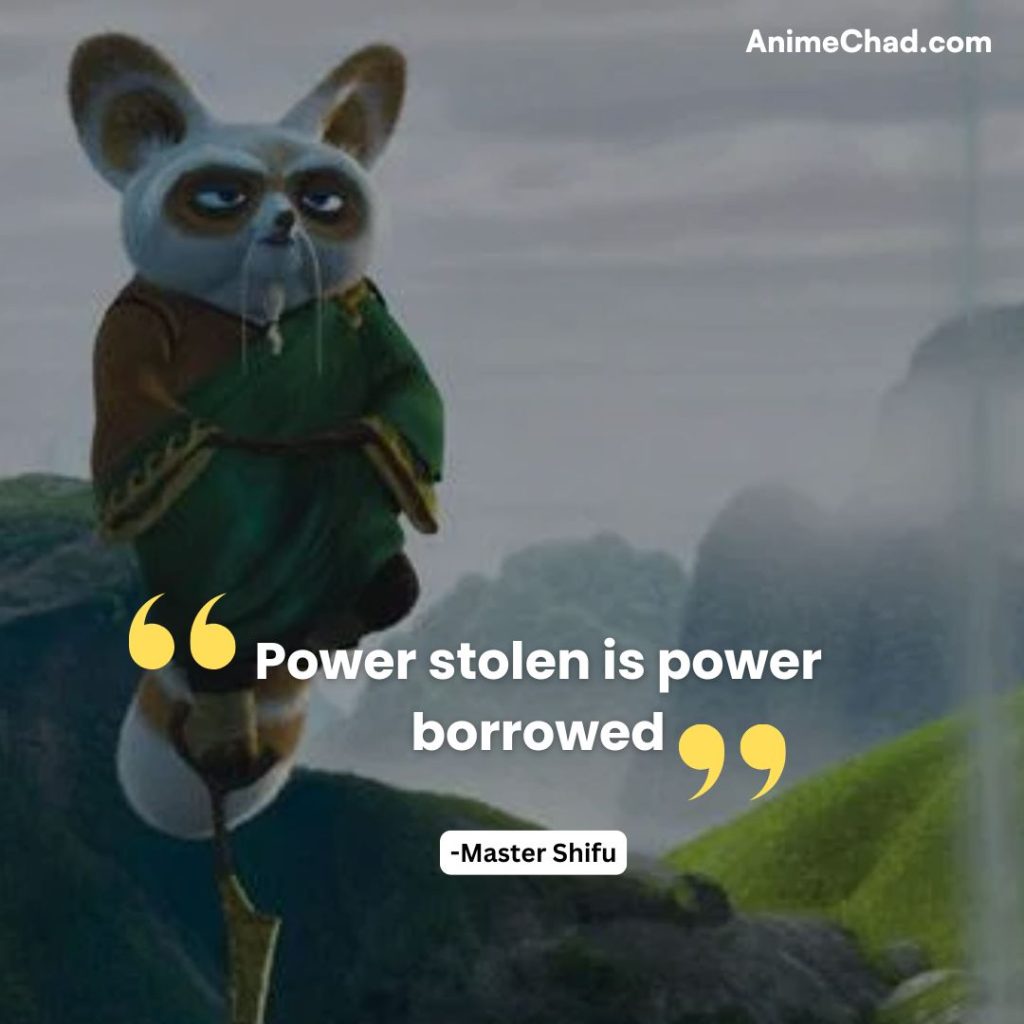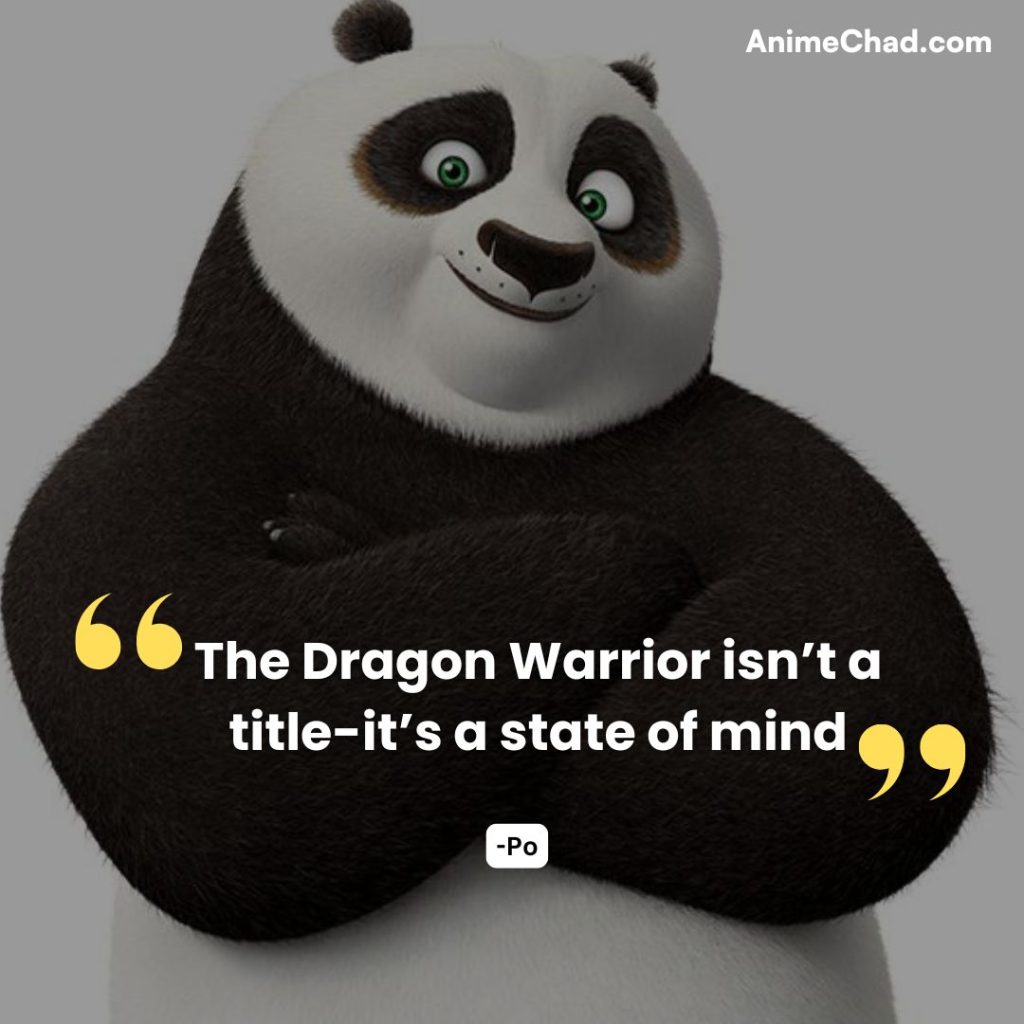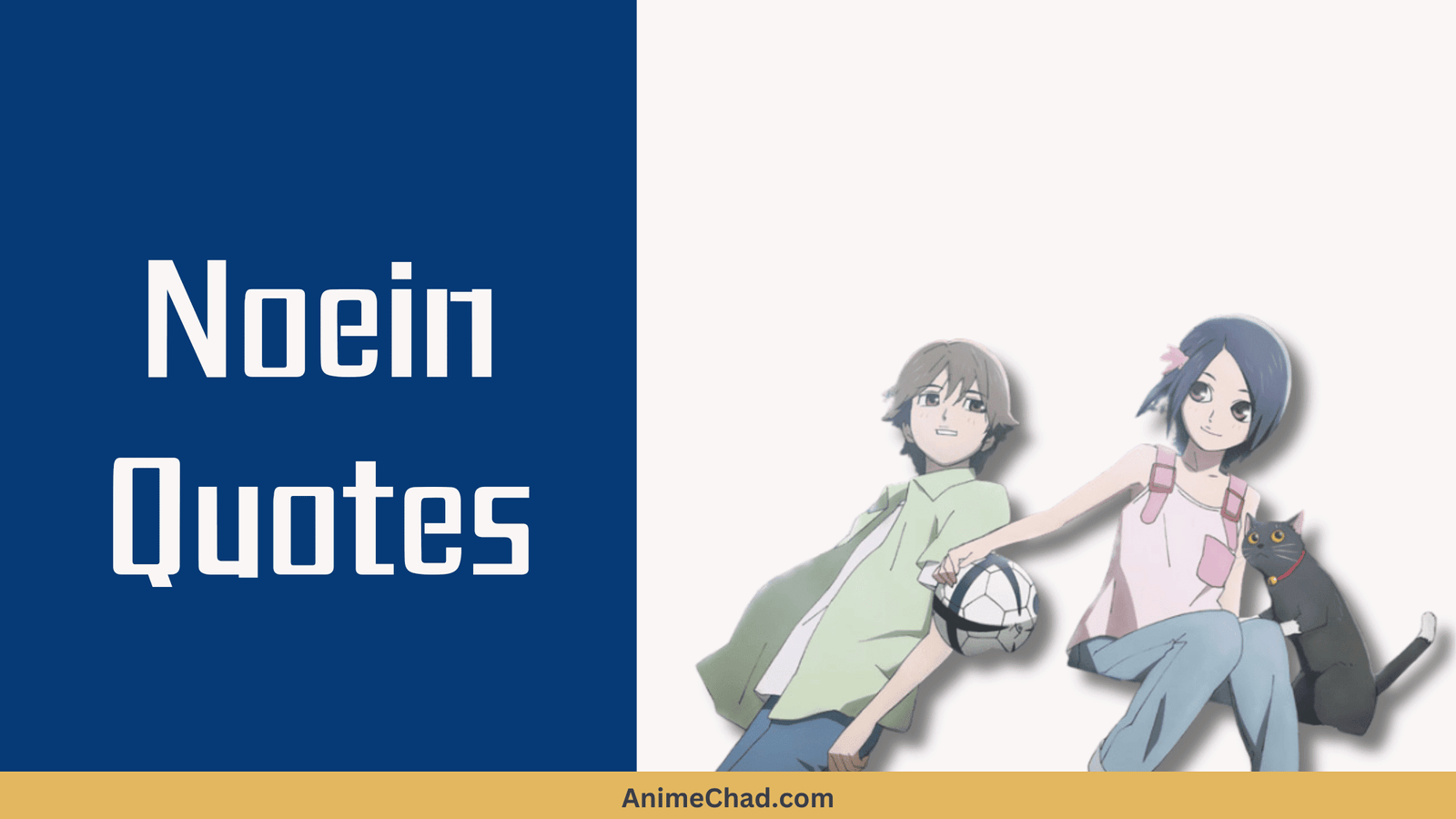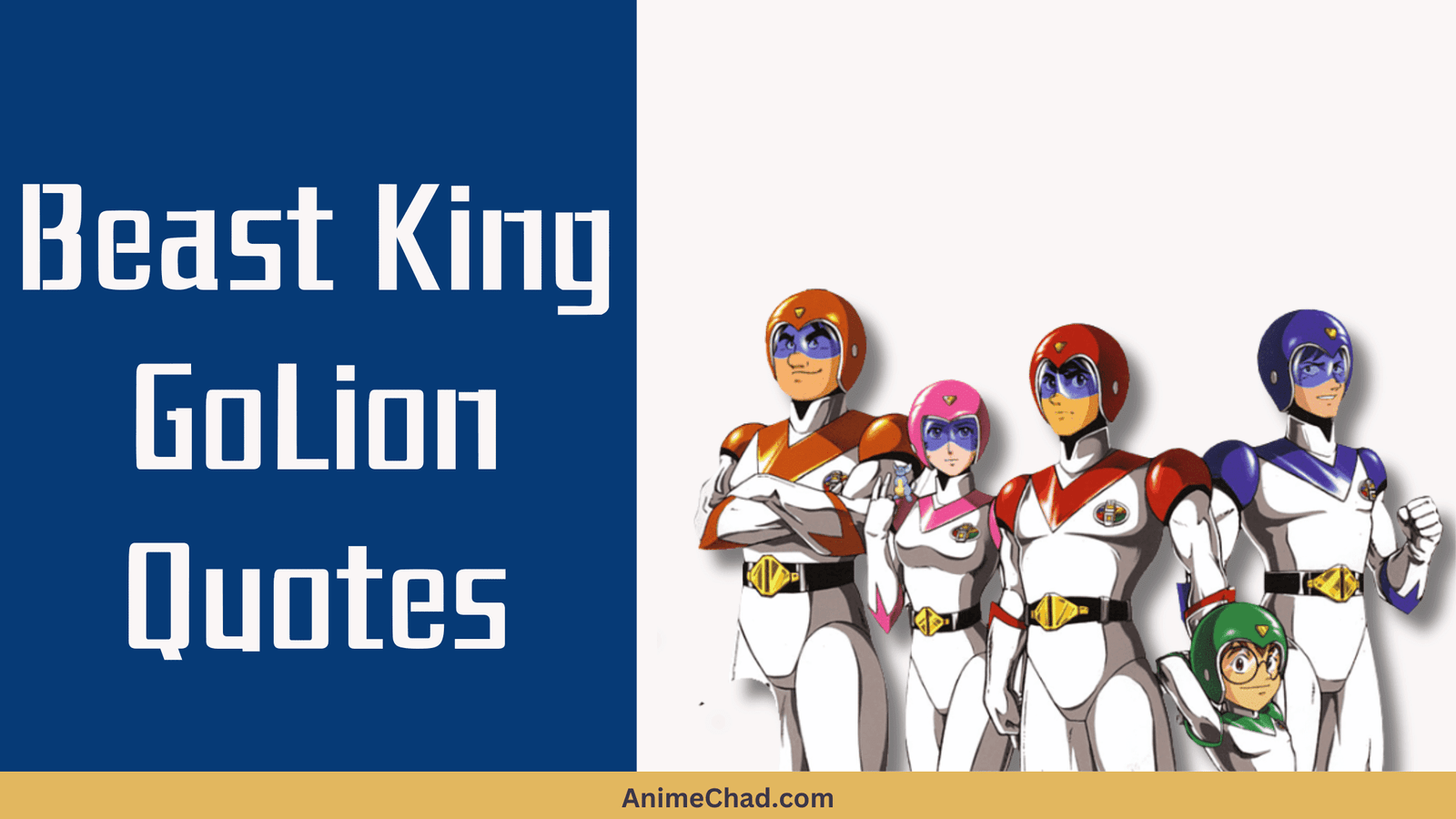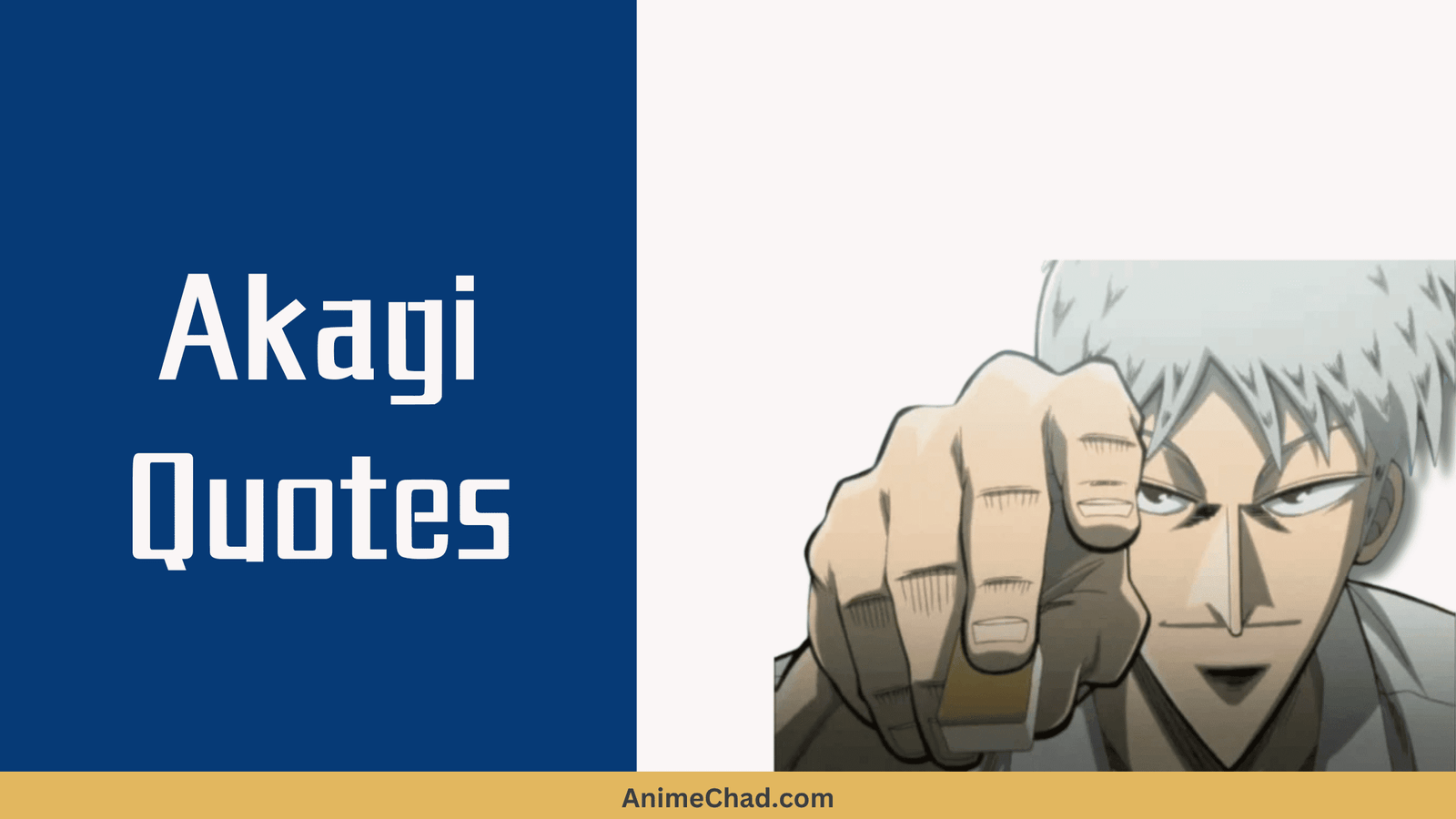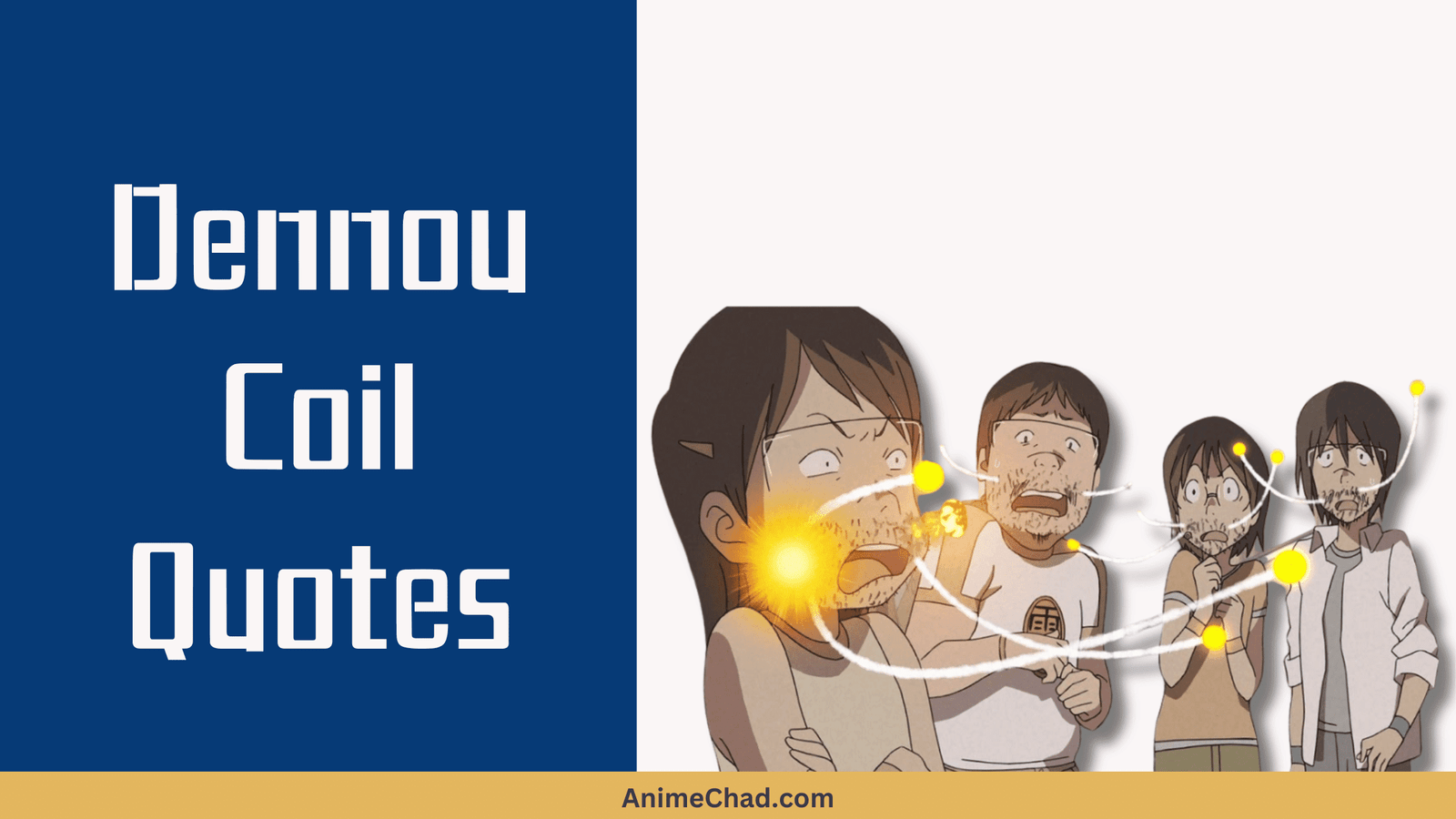Kung Fu Panda 4 sees Po grappling with mentorship and legacy as he confronts the shape-shifting villain Chameleon while training his successor, Zhen.
The film explores themes of embracing change, redefining identity, and the cyclical nature of growth.
This collection highlights quotes that capture Po’s evolution from warrior to teacher and the series’ enduring philosophical wisdom.
This stick is not for the strolling. It’s the Staff of Wisdom
Movie Scene: Confrontation with Zhen
Speaker: Po
Context: Po asserts his role as a mentor, shifting from brute force to strategic leadership.
He who resorts to violence now will only find more violence later
Movie Scene: Strategic advice
Speaker: Po
Context: Reflects Po’s maturation into Oogway-like wisdom, prioritizing peace over aggression.
If things stayed the same forever, sooner or later they would lose their flavor
Movie Scene: Noodle shop conversation
Speaker: Mr. Ping
Context: Advocates adaptability, mirroring Po’s struggle to accept new responsibilities.
Once I possess the kung fu of every master villain, no one will dare question my power, not even the great Dragon Warrior
Movie Scene: Villain’s declaration
Speaker: Chameleon
Context: Chameleon’s ambition contrasts Po’s humility, emphasizing the film’s anti-ego message.
Who you are will always be a part of what you become
Movie Scene: Mentorship conflict
Speaker: Master Shifu
Context: Shifu reassures Po that growth doesn’t erase core identity.
I’m the Chameleon. I do nothing but change. / Only on the outside. Real change happens from within
Movie Scene: Final confrontation
Speaker: Chameleon / Po
Context: Highlights the dichotomy between superficial transformation and authentic growth.
I don’t know anything about passing on wisdom or inspiring hope. All I know are kicking butt and taking names
Movie Scene: Self-doubt confession
Speaker: Po
Context: Po’s vulnerability underscores his relatable transition into mentorship.
Real change happens from within
Movie Scene: Philosophical rebuttal
Speaker: Po
Context: Reinforces the series’ recurring theme of internal transformation.
You can’t rewrite your past, but you can choose your next chapter
Movie Scene: Reflective dialogue
Speaker: Zhen
Context: Zhen’s arc mirrors Po’s journey of self-reinvention.
A warrior’s strength is measured by the hearts they inspire
Movie Scene: Training lesson
Speaker: Po
Context: Po redefines heroism as collective empowerment rather than solo glory.
The Staff of Wisdom isn’t a weapon-it’s a mirror
Movie Scene: Artifact explanation
Speaker: Master Shifu
Context: Symbolizes self-reflection as the key to overcoming challenges.
Every ending is just a new beginning in disguise
Movie Scene: Post-battle resolution
Speaker: Po
Context: Echoes Oogway’s teachings about cyclical renewal.
You don’t need to be me. You need to be better than me
Movie Scene: Mentorship moment
Speaker: Po
Context: Po rejects stagnant tradition, encouraging innovation in leadership.
Power stolen is power borrowed
Movie Scene: Villain analysis
Speaker: Master Shifu
Context: Critiques Chameleon’s parasitic approach to strength versus earned mastery.
The Dragon Warrior isn’t a title-it’s a state of mind
Movie Scene: Legacy discussion
Speaker: Po
Context: Decentralizes heroism from individuals to collective mindset.
Why These Quotes Work for Kung Fu Panda 4 Fans
These lines encapsulate the film’s focus on legacy and introspection, balancing Po’s signature humor with profound existential themes.
They highlight the series’ evolution from physical combat to philosophical warfare, resonating with fans who value character depth alongside action.

